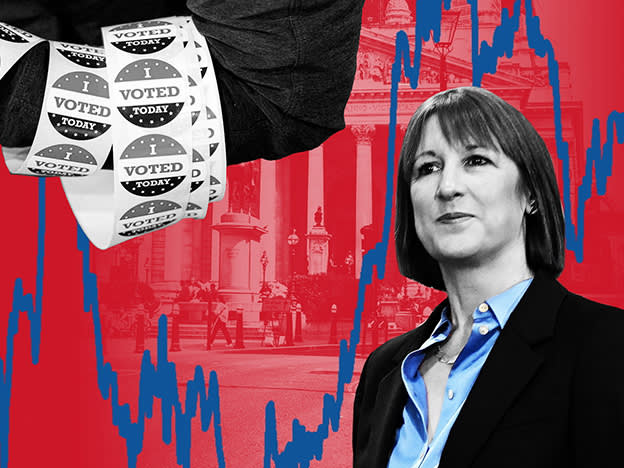As we approach two major macroeconomic events this autumn, the anticipation and speculation are at an all-time high. With Labour’s first Budget in 14 years set to be announced on Wednesday and the upcoming US presidential election in November, the financial world is on edge.
The Budget coverage this week has already begun to hint at potential implications for Aim shares, as part of the annual assessment of the junior market’s top 100 companies. More detailed analysis will follow once Rachel Reeves unveils the policies next week.
Following the Budget, all eyes will turn to the US election, which holds significance beyond just macroeconomics. While some, like BlackRock CEO Larry Fink, downplay the election’s impact on investors focused on the long term, the recent rise in US Treasury yields suggests otherwise. The bond sell-off is attributed to the belief that a potential Trump administration with a Republican-controlled legislature could lead to significant business tax cuts and increased fiscal deficits.
Investors seem to view a Republican victory as negative for bonds but positive for gold as a safe haven asset and beneficial for shares. The Federal Reserve’s recent rate cuts have not deterred the bond market from moving in the opposite direction, reflecting concerns of a hotter economy requiring fewer rate cuts.
On the flip side, some argue that rising yields indicate reduced recession risks and a ‘Goldilocks’ scenario of gradual rate cuts. These market movements are also impacting UK gilt yields more than concerns about Labour’s spending plans, highlighting the interconnectedness of global markets.
The US equity market continues to be a focal point for investors worldwide, especially as the third-quarter earnings season unfolds. Despite the uncertainty, early signs are positive with banks reporting decent numbers and companies meeting or surpassing analyst forecasts.
As the market landscape evolves, there is a shift in the drivers of growth, moving away from the AI narrative that dominated earlier in the year. Industrials, utilities, financials, and real estate sectors have taken the lead in the S&P 500 in recent months, signaling a more diverse market rally.
Looking ahead, upcoming earnings reports from tech giants like Nvidia and Tesla, as well as consumer bellwethers like McDonald’s and Starbucks, will provide further insights into the market and the US economy’s health. While political events take center stage in the coming weeks, investors should also pay attention to these developments shaping the financial landscape.
For more editorials and insights, visit our website to stay informed about the latest market trends and analysis.

